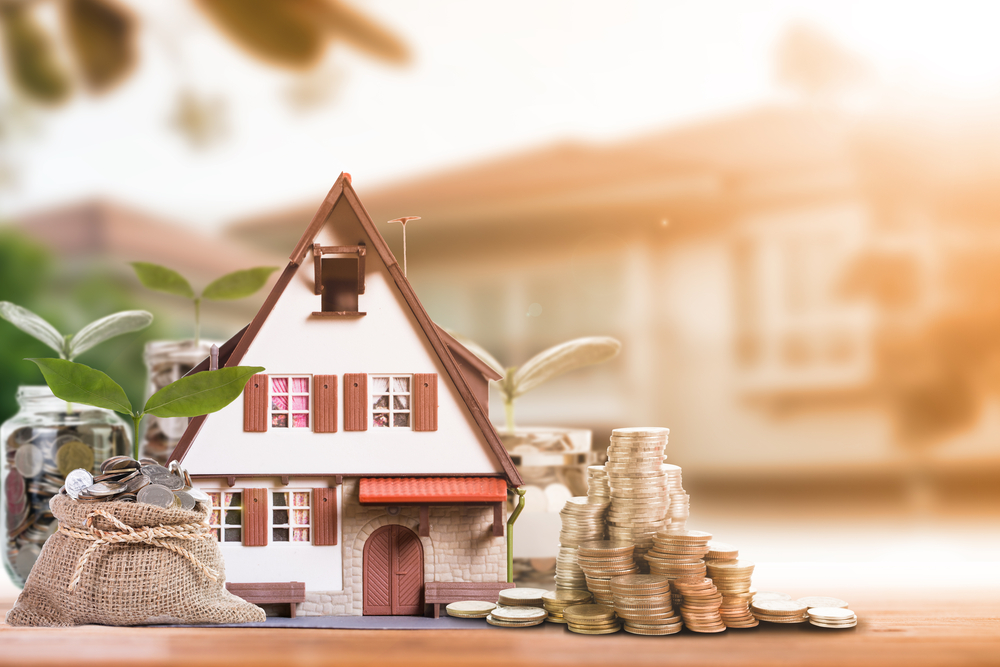How to Evaluate Property Value: A Complete Guide to Get the Best Deal When Buying or Selling
Evaluating property Valuation is a critical step in real estate transactions, as it helps both buyers and sellers determine the true value of a property, ensuring a transparent deal and maximizing financial benefit. Whether you are a buyer or a seller, knowing how to accurately assess property value is key to minimizing risks and achieving the best financial outcomes.
1. Research the Local Market
One of the first steps in evaluating property value is to study the local market. This includes examining the prices of similar properties in the area based on size, location, and features. Sources for this information include:
- Real estate websites.
- Property reports from valuation agencies or real estate experts.
- Visiting the area to check for any upcoming developments that may impact property prices.
2. Assess the Location and Surroundings
Location is a major factor influencing property value. Buyers and sellers should consider:
- Proximity to services: such as schools, hospitals, public transport, and shopping centers.
- Reputation of the area: neighborhoods with a good reputation generally attract buyers, raising property value.
- Infrastructure and facilities: the presence or absence of quality roads, water, and electricity networks can significantly affect property valuation.
3. Review Property Specifications
The specifications of the property that impact its value include:
- Size: Larger properties typically hold higher value.
- Condition of the building: New or well-renovated properties are more valuable than older properties in need of repairs.
- Number of rooms and amenities: The number of rooms, additional amenities like gardens or swimming pools, and interior design can influence price.
4. Use Advanced Valuation Methods
Real estate appraisal companies use various methods to determine the true value of a property:
- Market Comparison Approach: Comparing the property with similar properties sold in the same area.
- Cost Approach: Estimating the cost to build the property, plus the value of the land.
- Income Approach: Valuing the property based on the expected rental income or commercial use.
5. Consult with Experts
In some cases, it may be necessary to consult professional property valuers to provide an accurate assessment. These professionals use advanced tools and techniques to determine a property’s fair value based on specialized criteria.
6. Leverage Modern Technology
Modern technologies like artificial intelligence and big data are increasingly part of property valuation processes. These tools help provide more accurate and comprehensive insights into property values based on various criteria.
7. Consider Economic Factors
Economic factors play a significant role in property valuation, such as:
- Interest rates: Changes in interest rates affect property demand.
- Inflation: Rising material costs can influence new property prices.
- Economic stability: In times of economic downturn, property prices tend to decrease.






